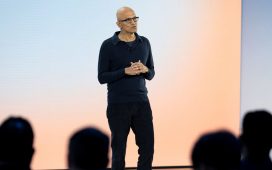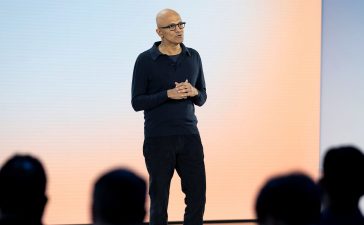Oracle last week debuted a beta for a major update to its VirtualBox desktop hypervisor.
The most recent major update for the tool, VirtualBox 7.0 emerged in October 2022 – there have been ten maintenance releases since.
The beta for Version 7.1 appeared last Friday, with user interface enhancements including “a selection between Basic and Experienced user level with reduced or full UI functionality” receiving top billing.
The ability to clone Oracle Cloud Infrastructure instances is another feature, as is the ability to reset instances in the Big Red cloud.
Owners of post-2020 Macs packing an M1 or later processor will gain the ability to run Linux and BSD guests.
Users who use remote access to VMs under the VirtualBox Remote Desktop Extension (VRDE) tool gain a little extra security – if they don’t set up TLS with custom certificates, the hypervisor will enable a self-signed certificate, and even issue a new one before the old one expires.
There’s no word on when VirtualBox 7.1 will debut, but Oracle typically publishes three weekly betas before debuting a new release. The final release should therefore land before VMware by Broadcom’s “Explore” conference in late August.
The Register‘s virtualization desk does not expect Virtzilla’s desktop hypervisors – Fusion for macOS and Workstation for Windows and Linux – to be the stars of the show. However, post-acquisition VMware changed the licenses for the products to make them free for personal use – matching VirtualBox’s license and the effectively free desktop Hyper-V included in Windows. The VMware products weren’t hard to score gratis in the past – we often saw Virtzilla handing out freebie licenses on gift cards – but the change was nonetheless symbolic, given the storm around other license changes brought by Broadcom.
VirtualBox 7.1 beta 1 can be downloaded here. And before you ask, yes – a Solaris version of the software remains on offer, along with builds for SunOS, Debian, Ubuntu, Fedora, OpenSUSE, plus boring old Windows and macOS. ®












